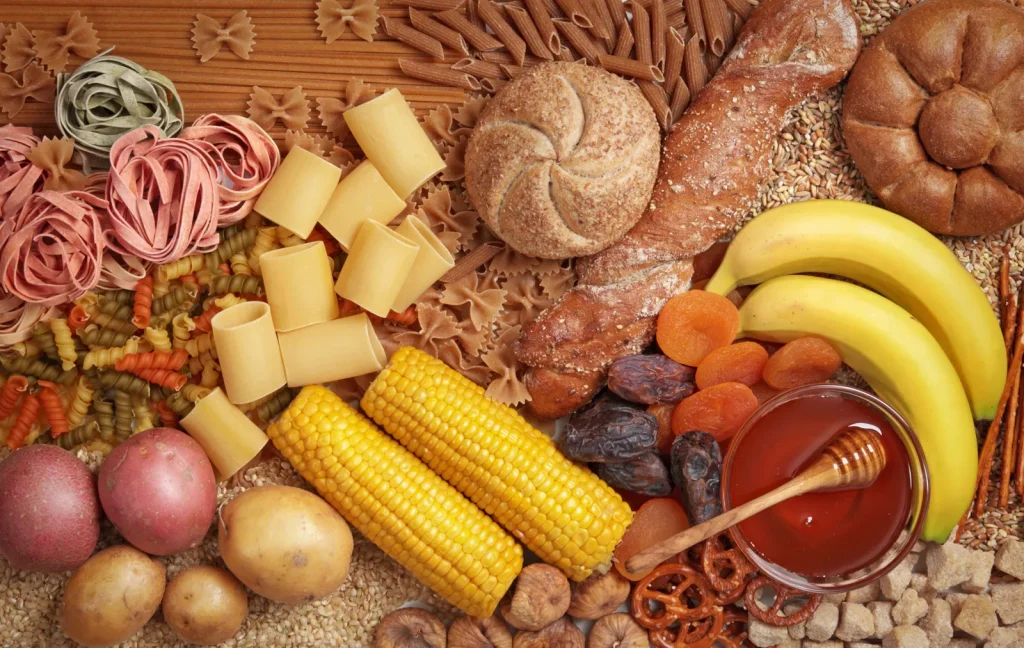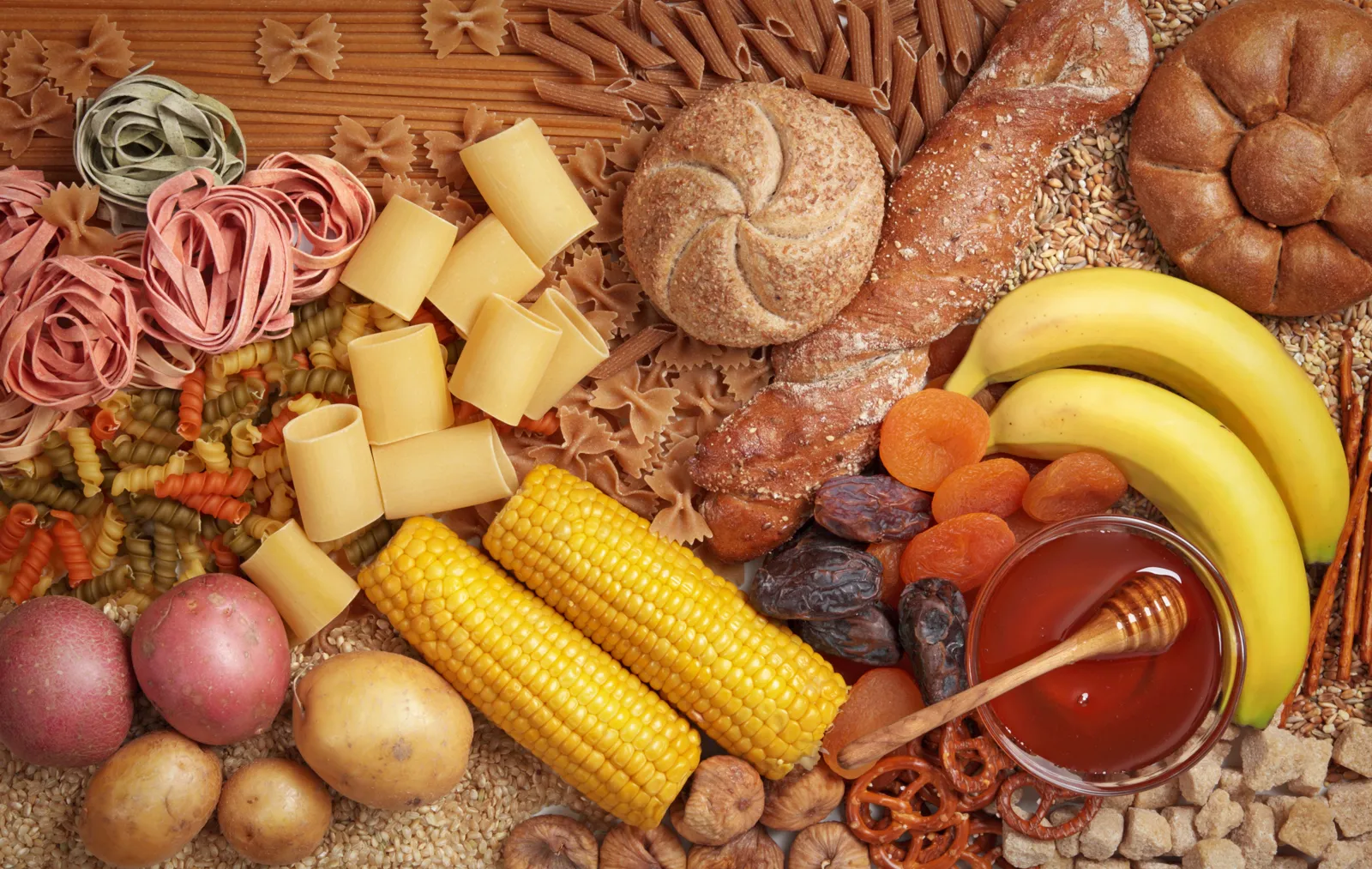
If you’re staying at home due to the COVID-19 pandemic, it’s natural to experience fluctuations in your eating habits, stress levels, and body perception. This is common, and we’ve got some advice on handling these changes during the lockdown.
Navigating Food & Body Image During Self-isolation
Shifts in mood, behavior, and environment are a given in life. Be it a career move, increased responsibilities, a dreamy holiday, or unexpectedly transitioning to remote work, any variation can impact us in some way.
Given the unique circumstances brought on by the COVID-19 outbreak, I’ve received numerous messages from women expressing that their perception of their bodies has deteriorated recently, coupled with a heightened diet consciousness.
They’re sharing feelings of being overwhelmed with food – indulging more, opting for readily available options over cooking, and snacking more frequently. Some also reveal that they feel stagnant – less physical activity, more screen time, and again, a decline in cooking.
If these sentiments resonate with you, please know that many are feeling the same.
This pandemic has transformed our daily routines. It’s a situation most haven’t witnessed before. As a result, it’s expected for our thought processes, behaviors, and emotions to adjust during this period.
HOW YOUR BODY PERCEPTION MIGHT CHANGE DURING SELF-ISOLATION:
Being confined indoors often means more solitude, fewer diversions, and limited external engagements. One of my clients mentioned that remote working led to more frequent self-reflections in mirrors than a regular day would.
Moreover, with the prevailing uncertainty and feeling of helplessness, negative body thoughts may amplify. We may feel the urge to “correct” or “alter” our bodies, mainly stemming from a desire to control something amidst the chaos. When faced with such unease, try to dig deeper: what is truly bothering you at the core? Instead of attempting to “modify” your body, can you sit with this unease and confront the root cause?
HOW YOUR EATING HABITS MIGHT BE IMPACTED:
In situations of food shortage, our natural instinct is to hoard. When faced with actual or self-imposed limitations, our body’s response is often an increased inclination to eat. The logic is straightforward: limitation & shortage → food cravings and overindulgence.
While certain aspects of this shortage are beyond our control, whenever possible, try to maintain a sense of “plenty”. For instance, one of my clients stocked up on her favorite candy, signaling to her body that resources are abundant. If feasible, store essential food items, focusing on longer-lasting pantry and freezer goods.
HANDLING FOOD AND EATING PATTERNS DURING LOCKDOWN:
- Recognize that if you’re feeling food scarcity, it’s a genuine response. These uncertain times can amplify our concerns, including those related to food.
- Refrain from being overly critical about your eating patterns. It’s fine if there are alterations in your diet due to stress or anxiety. Use tools to counteract any inner critic’s voice.
- Stock up on non-perishable items for at least 2-3 weeks.
- Prioritize self-care during these challenging times – allocate time for relaxation, coping, and self-reflection. Writing or discussing feelings with friends or professionals can be beneficial.
- Be kind to yourself irrespective of your current responses or challenges. Guilt or self-blame only adds to the stress. Reassure yourself, “I’m giving my best in the present situation.”
- Remember, a brief pause won’t drastically shift the status quo. If your usual exercise regimen is disrupted, understand that a short break won’t drastically alter anything. Perhaps this is an ideal time to rest or explore different fitness methods.
Additional resources from like-minded dietitians:
- Blog: The Role of Processed Foods in a Balanced Diet + innovative ideas during these uncertain times.
- The F*ck It Diet Podcast: Episode on COVID-19 and Food Shortage.
- Virtual interaction streams on Instagram by dietitian Anna Sweeney.
As we adjust to these new conditions, it’s essential to remember that change is neither inherently good nor bad. Although our external environment is evolving, we still have agency over our reactions. Use this period to truly confront your emotions. Accept any behavioral changes and grant yourself grace.
If your diet has shifted, it’s alright. If you’re eating distinct foods, that’s okay. Body changes? Still okay. We’ll overcome this together.




